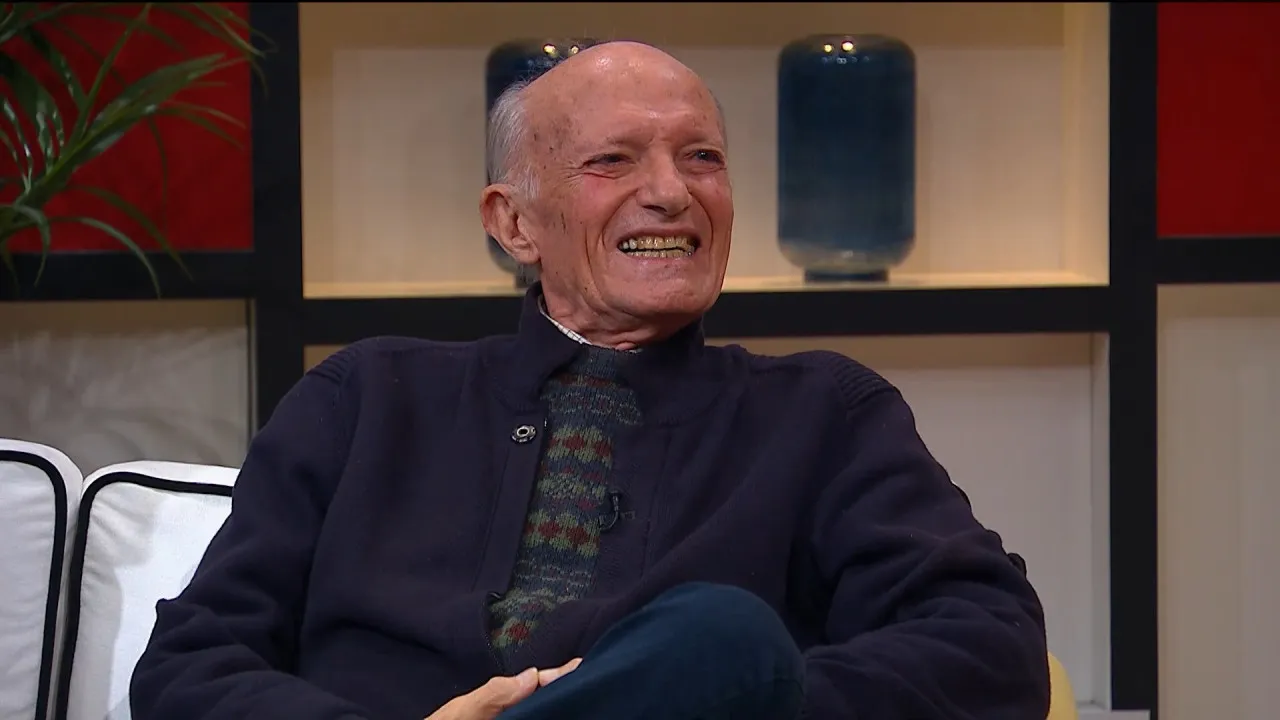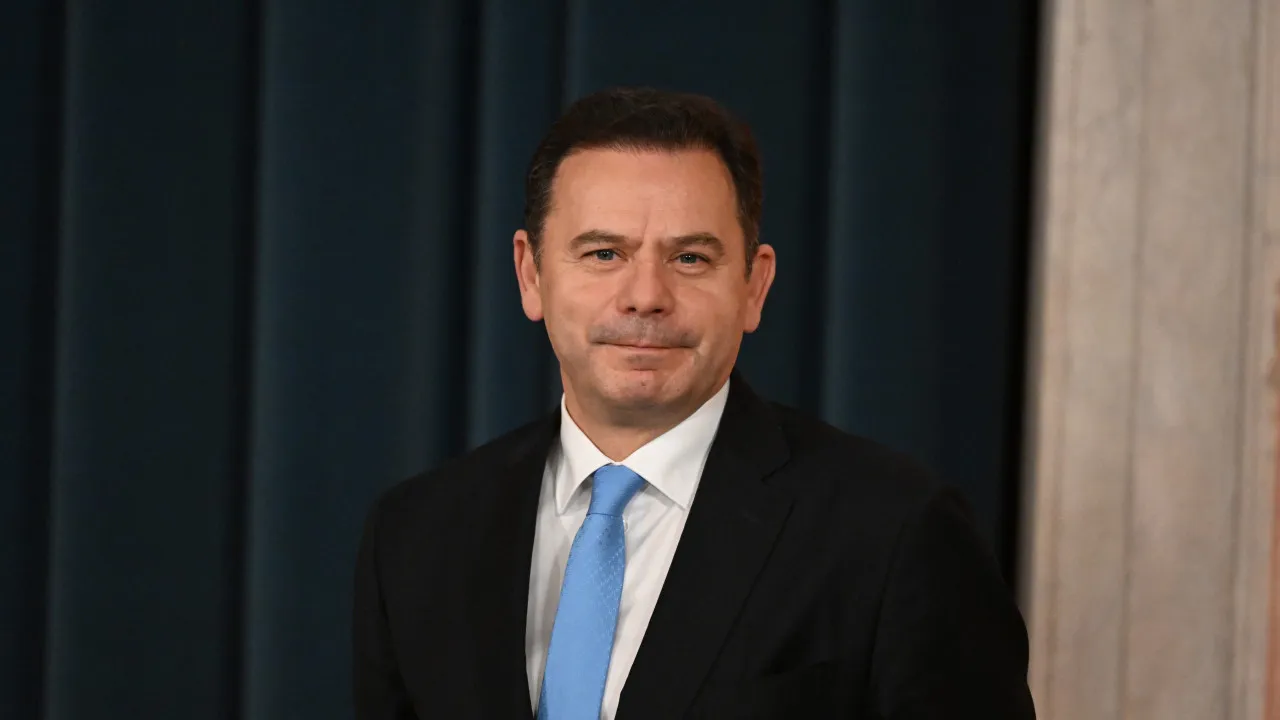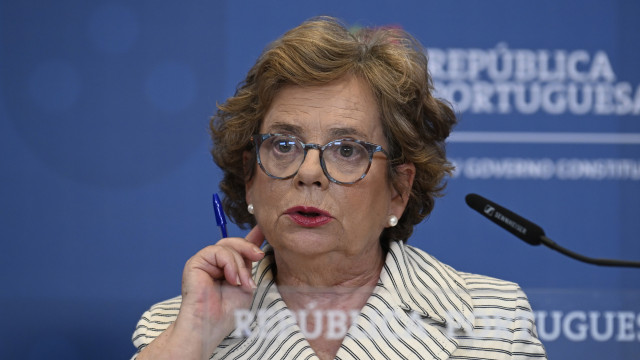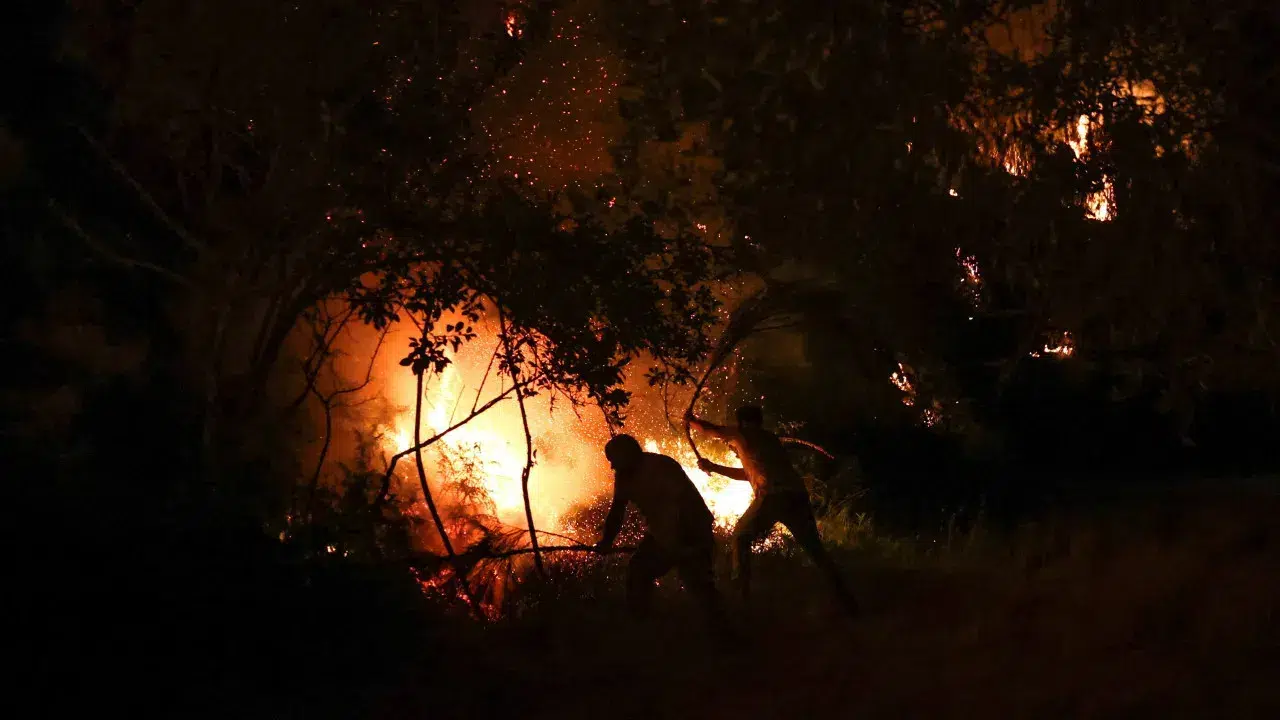
Born in Lisbon in 1934, Mário Martins also encouraged artists such as Lara Li, Paco Bandeira, and José Alberto Reis, whom he befriended.
The record producer always prioritized the “professional side, but there were cases where friendships were built,” he said in an interview in the last decade, citing examples such as the declaimer Maria Germana Tânger, musician José Cid, who always invited him to his shows, and singer José Alberto Reis.
With Maria Germana Tânger (1920-2018), Mário Martins initiated a series of Portuguese poetry disc recordings, including albums with poems recited by their authors, such as David Mourão-Ferreira (1927-1996) and Mário Cesariny (1923-2006).
“[For] Rui Veloso, it was his mother who arranged with me and came by train from Porto to Lisbon and played me a ‘cassette’ of her son to see if I thought he had a future or not.” The answer was “undoubtedly yes, and his career speaks for itself,” he told the agency.
Mário Martins mentioned his “direct touch” in hits like ‘Somos Livres’ by Ermelinda Duarte, which “insisted on not being recorded and then became a resounding success,” ‘Vinte Anos’ by the group Green Windows, which included José Cid, Vítor Mamede, and Mike Sergeant, among others, or on the album ‘O Nazareno’ by Frei Hermano da Câmara, which featured Amália Rodrigues and Mara Abrantes, among others, and which he referred to as his “most complex production, but worth it.”
For about 30 years, Mário Martins was responsible for the Artists and Repertoire (A&R) department at Valentim de Carvalho, where he started working in 1966 at the invitation of agent João Belchior Viegas, Amália Rodrigues’s artistic agent.
Thanks to his intervention, Amália Rodrigues—whom Mário Martins referred to as “the true Portuguese miracle”—recorded ‘O Senhor Extraterrestre’ in 1982 by Carlos Paião (1957-1988), an artist who became part of the Valentim de Carvalho catalog.
Mário Martins also developed his skills as a poet and wrote for Amália, but his shyness prevented him from showing the poem to the fado singer, and it was recorded by Beatriz da Conceição in 1967 “because there was a theme missing to complete the album.”
“I was ashamed to show it to Amália; she sang David Mourão-Ferreira, Pedro Homem de Mello, Alexandre O’Neill, and who was I compared to these great poets? No one,” he said.
Among the various stars he worked with, the producer highlighted the professionalism of singer Maria Clara (1923-2009): “The Chiado fire [in Lisbon, August 1988] destroyed part of the Valentim de Carvalho archives, and it was decided to re-record some lost tracks. Maria Clara agreed to record some of her hits, decades after their original recording, came from Porto accompanied by her husband, arrived punctually, and sang beautifully in tune and with that clear voice—a great professional.”
In his conversation, Mário Martins highlighted the difficulty of managing artists and choosing repertoires suited to each one’s voice and ambitions.
When he met António Variações (1944-1984), introduced by journalist Luís Vitta (1945-2015), Martins recognized his talent but envisioned a repertoire based on folklore for the singer, a field he knew well from several recordings he did with poet Pedro Homem de Mello (1904-1984) in different regions of the country.
Mário Martins was responsible for the success of Marco Paulo (1945-2024), whose repertoire includes some original material but is mainly composed of Portuguese versions by António José Lampreia (1929-2003) of foreign compositions. After António José’s death, Mário Martins took over the responsibility for the Portuguese versions performed by ‘Eu Tenho Dois Amores’ (António José/Georges Hatzinassios).
Mário Martins produced records for Luís Goes, Fafá de Belém, Nuno da Câmara Pereira, Paco Bandeira, Carlos Paião, José Cid, Júlio Pereira, Jorge Palma, Grupo de Cantares de Manhouce, Alexandra, José da Câmara, Maria Teresa de Noronha, and Lucília do Carmo.
Besides his work at Valentim de Carvalho, he collaborated with television presenter Teresa Guilherme on RTP and was later invited by TV director José Nuno Martins to create a program on RTP.
On TVI, he was the author and presenter of the program ‘Fado Fadinho’ (1993), for which he received a Bordalo Award.
In 1993, he left Valentim de Carvalho for Movieplay Portuguesa, where he coordinated the series ‘O Melhor dos Melhores’ (1994), which brought together hits from around 100 national artists.
At this record label, he produced, among others, the album ‘O Outro Lado do Fado’ (2005) by Lenita Gentil, which received the 2006 Amália Rodrigues Award for Best Album of the Year.




